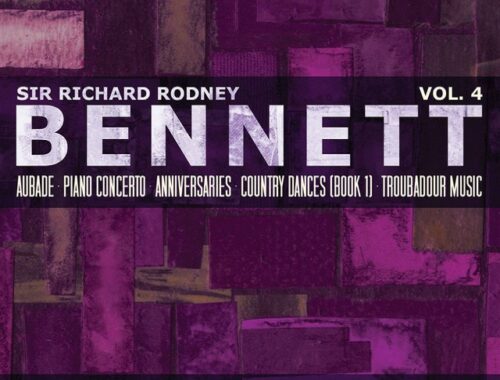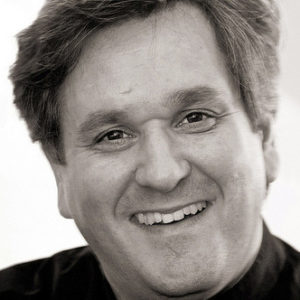Elgar “The Kingdom”, London Symphony Orchestra & Chorus, Elder, Barbican Hall
Elgar’s The Kingdom arrives in the heat of inspiration on a surge of orchestral magnificence. A glorious theme representing “New Faith” is announced in the strings, as noble and aspirational as anything Elgar wrote. If his own faith was compromised at the time of composition (as we are reliably informed) then there is certainly no evidence in the notes he penned. The great Pentecost scene is surely the finest of his sacred music and though it is customary to take an interval after it, I rather wish Mark Elder (who plainly adores this work) had chosen not to: when the Holy Spirit descends and Peter declares his faith in the divinity of Christ I don’t feel this is quite the moment to repair to the bar.
That said, one certainly needed refreshment after the marvelous Sarah Connolly boldly proclaimed “the rushing of a mighty wind” and Elder began driving his handsome forces onwards and upwards. The choral writing throughout this work, and certainly in this sequence, is thrillingly accomplished and grateful to sing – as witness the unstinting fervour of the LSO Chorus, compelling at every turn. But it is the way in which Elgar harnesses and elaborates his themes that makes the great transfiguring moments so overwhelming. As this sequence approached its climax the LSO horns took off into characteristically Elgarian descants and soprano Susan Gritton (a late replacement for the indisposed Cheryl Barker) crowned the moment of exultation.
Barker was not the evening’s only casualty. Tenor Stuart Skelton sang in spite of a chest infection and those of us who know his work could hear how it compromised both the signature big notes and his subtler colours. Nor did I feel that Iain Paterson was at anything like his best. Admittedly Peter’s great aria sits predominantly in the upper part of his bass voice but he didn’t sell the message with the passion I’ve heard him display on stage. And this is an “on stage” moment if ever there was one.
So it was down to the women to keep the faith and for Gritton to nail the agony and the ecstasy of “The sun goeth down” – another instance where ‘the Kingdom and the Passion” are not just notional but real to Elgar.
You May Also Like

GRAMOPHONE: Richard Rodney Bennett Orchestral Works Vol. 4 – Michael McHale, BBC Scottish Symphony Orchestra/Wilson
22/07/2020
A Conversation With SIR ANTONIO PAPPANO
21/07/2014